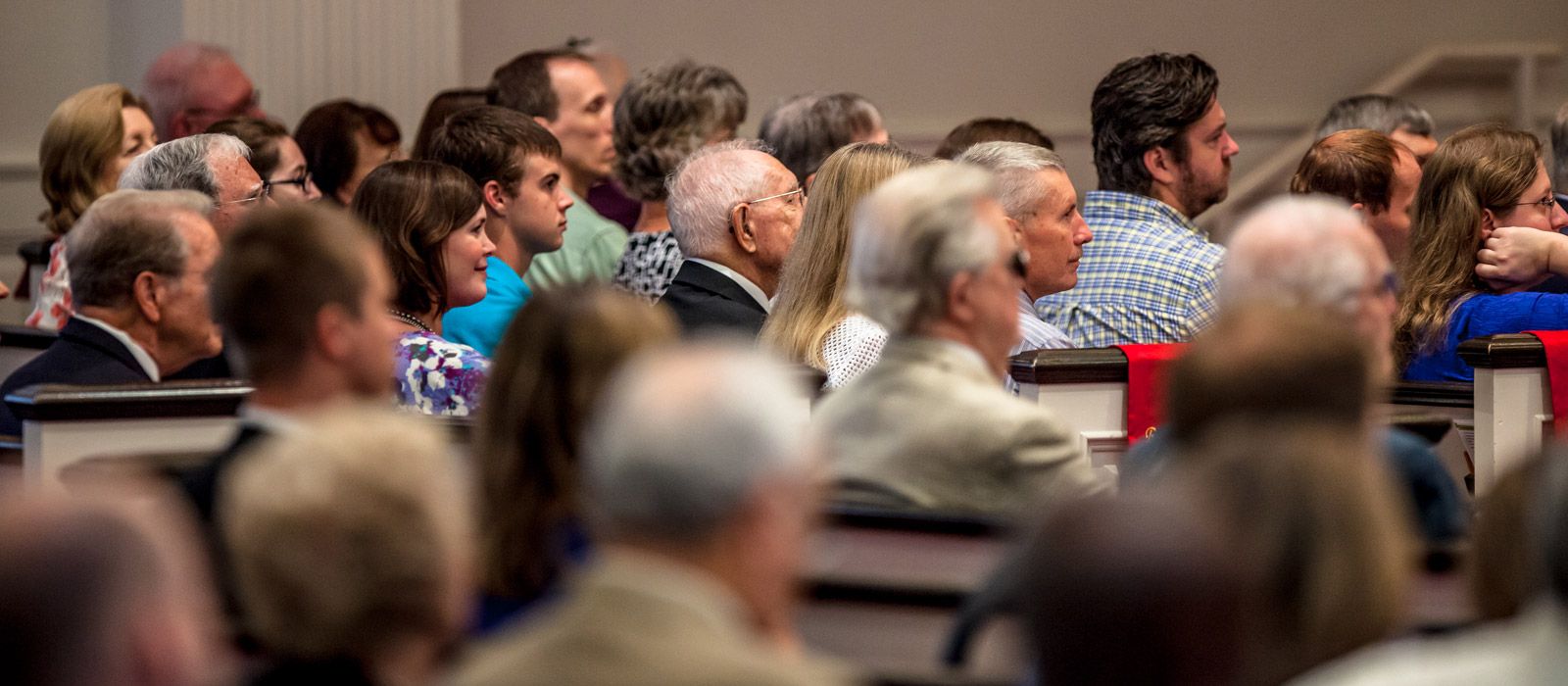WHY SING MESSIAH?
When I announced plans to use music from Handel’s famous “Messiah” in our Holy Week services, one choir member sent an email with some very valid concerns, one of which was this: “While the Messiah is a masterpiece of beautiful classical music, I am afraid that the “message” will be lost because of the type of music it is and because there is so much of it. When people go to a worship service on Easter, they are expecting the music to be something that touches their heart; something they can relate to through the words and orchestration.” This is a legitimate concern and one which I want to address with all of you!
First, let me tell you a little about George F. Handel and his “Messiah.” The Messiah was premiered at Musick Hall in Dublin, Ireland on April 13, 1742 (our performances will fall on the very week that marks the premiere’s 275th anniversary). Handel was a very prolific, successful, and revered composer in his time. He was also a man of faith in Christ. However, he had hit some rough times. His latest oratorios had been pronounced failures at the box office and he had no money in the bank. He had suffered some serious health setbacks and had little to no use of one hand.
When Handel sat down for the first time with a libretto (lyrics to be sung) that his friend, Charles Jennens had composed for him, what he read was a text taken entirely from the Old and New (mostly Old) Testaments of the King James Bible along with a few psalms from the Book of Common Prayer. In this text that would become “Messiah,” Jennens had used predominantly Old Testament scriptures because he wanted to underscore the undeniable evidence that its prophecies were fulfilled in Jesus Christ. Of the text he had compiled, Jennens said, “…the Subject excels every other Subject. The Subject is Messiah….”
Charles Jennens was a devout Christian with a strong faith and high principles. He had recently suffered the devastating loss of his younger brother to suicide when he compiled the text for Messiah. His deep pain and grief were no doubt instrumental in compelling him to write the text that takes us on a scriptural journey proclaiming and pointing the listener to the infallible hope we have in our crucified and risen Messiah.
When Handel began to set the libretto given to him by Jennens to music, he completed it in 24 days. 259 pages; solos, choir and orchestra parts; 2 ½ hours of music. It was said that his servants heard Handel proclaim, “I have seen the face of God!” This great composer signed the finished work, SDG; Soli Deo Gloria (to God alone the Glory).
What a wonderful story — two men who out of their sufferings, gave the world one of the most enduring and moving pieces of sacred music ever composed! It is sung continually around the world, in churches, schools, and community groups. In fact, it has been performed every year in succession since its London performances to benefit the Foundling Hospital began in 1750. All this is quite amazing because the central objective of “Messiah” when it was composed was to bring people to a saving faith in Jesus Christ. There has probably never been an evangelical composition that has reached more people than “Messiah.”
Of the many stories of “Messiah,” one of the most touching is this. The premiere performance of “Messiah” was a benefit performance. Neither Handel, nor any of the singers or instrumentalists received compensation for their work. Rather, the funds were used to pay off debts of those in debtor’s prison. These were not criminals — just victims of financial disaster. One by one, they were called out of their dark and filthy confines to approach a table where there was a list of their names showing how much they owed. As the names and amounts were read, the money earned from “Messiah” was divvied up among them, and their names were crossed off the list. They were set free, their debts forgiven, their lives renewed and restored; A portrait of the gospel itself; A portrait of the message of our Messiah.
So, as we present just a few selections from this great work over Palm Sunday, Good Friday, and Easter Sunday (NOT the full 2 ½ hours!), I challenge you to listen with fully open ears. The style is not contemporary, nor is it traditional Southern Baptist. It may not be a style you are familiar with or one that you particularly like upon the first listen (I encourage some YouTube listening ahead of time!). However, if you pray to listen with ears guided by the Spirit of God, I believe you will hear “something that touches your heart; something you can relate to through the words and orchestration.” You will hear the gospel message of our faith in Christ, composed by two men of deep faith who knew what it meant to have pain and hardship. You will hear music that expresses the depth and breadth of emotion that our salvation story encompasses. You will hear the message of Holy Week: the profound sorrow of Good Friday and the boundless joy of Easter. Most of all, you will hear about Jesus, our Messiah, and how He triumphed over sin and death that we might forever have life and hope. King of kings! And Lord of Lords! And He shall reign forever and ever! Hallelujah!
— Penny Folsom

